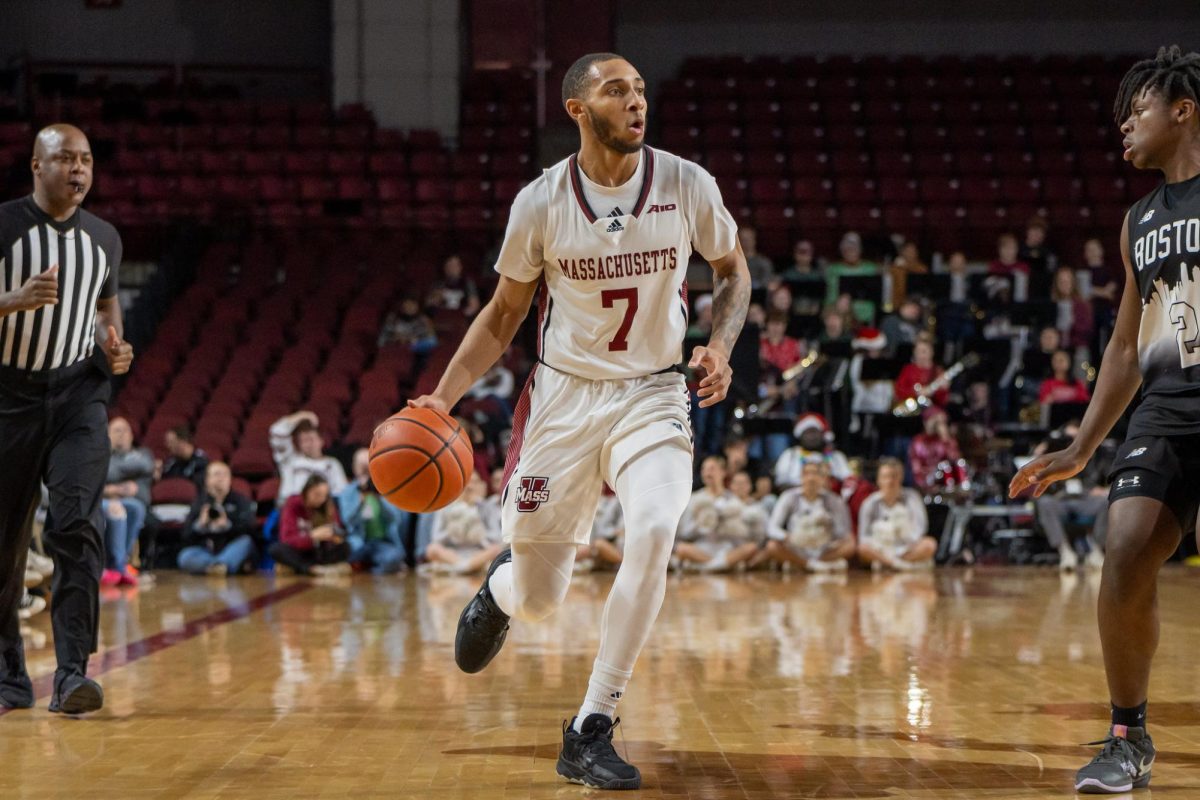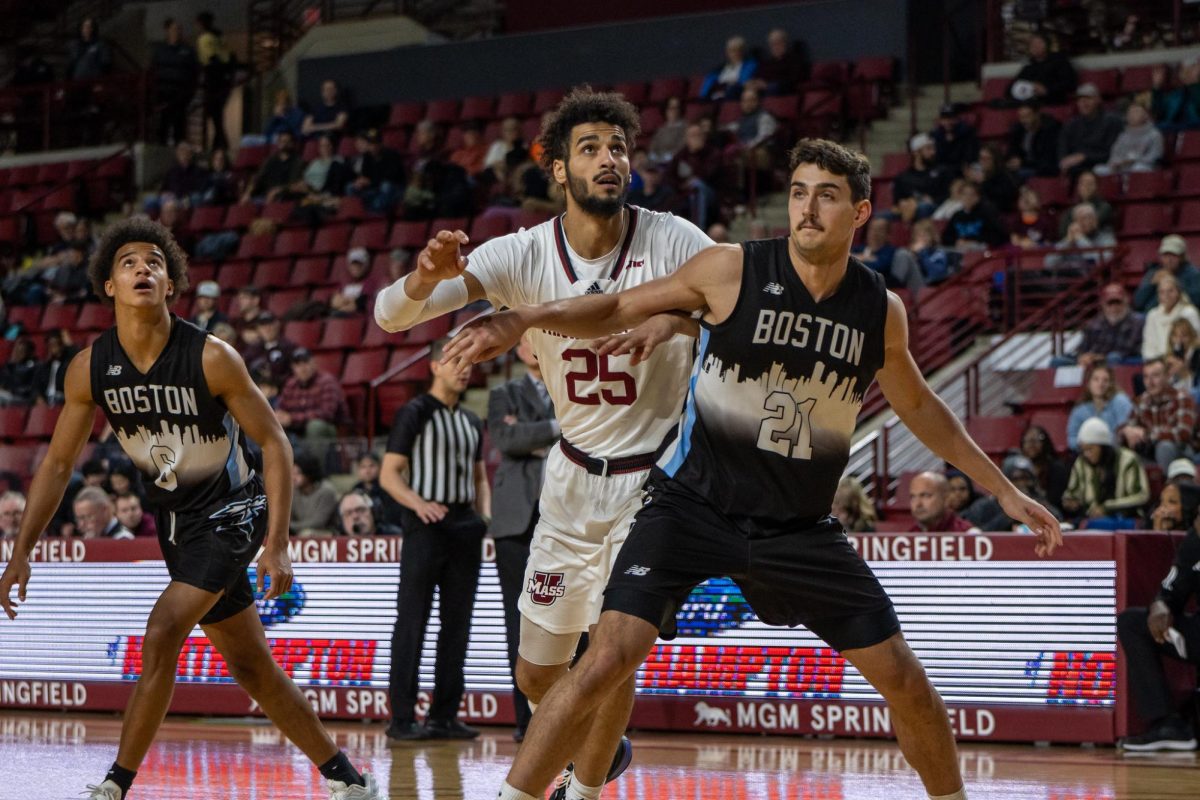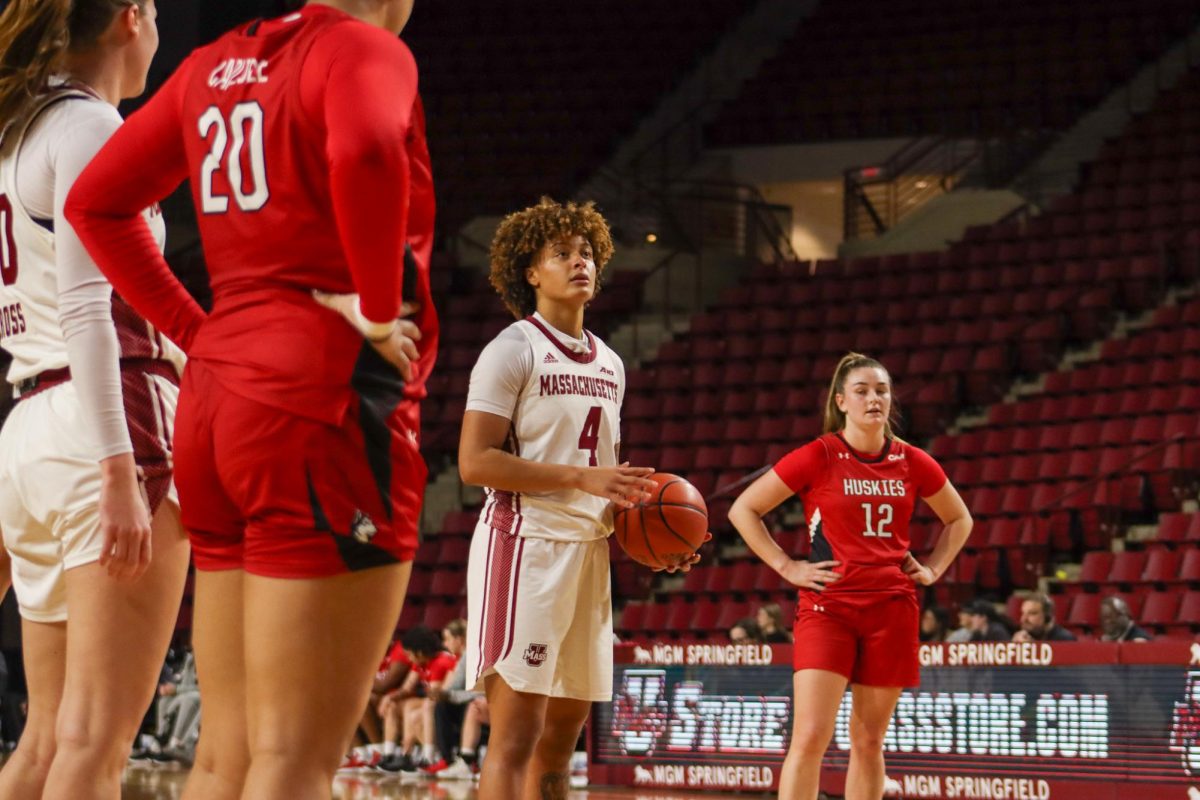 P.J. Stanley
P.J. StanleySenators discussed increasing student fees by $6 in 2009 to replenish the low financial reserves of the Student Government Association during last night’s meeting.
“We want to talk about the importance of stabilizing our budget for next year,” said SGA President Aaron Buford.
Buford presented the 2008 fiscal year’s budget with recommendation for the upcoming 2009 budget alongside Allen Brainerd, director of finance and business services at the Center for Student Development.
Brainerd laid out the SGA’s current financial situation for the 27 assembled student senators. Four or five years ago, he said, the SGA had been in possession of a financial surplus that was subsequently allocated to student activities. In recent years, according to Brainerd, the SGA has been allocating more funds than collecting in revenue, dipping instead into financial reserves.
“The SGA has been operating in deficit [for the past several years],” he said.
According to Brainerd, the SGA should have at least a quarter of a million dollars allocated as a financial reserve and funds have dipped below what he called a “minimal level.”
Brainerd told the senators that they could either make “tough decisions” when it came to funding student organizations and activities, or they could raise student fees from $87.
A $3 fee increase, according to Brainerd, would match the rate of inflation, while a $6 rise in student fees would help to relieve the burden of the SGA’s financial reserves.
Anything more than a $6.50 rise to student fees would exceed the 7.5 percent cap to any fee increases without a referendum allowed by section four of article five of the SGA constitution.
The senators were also concerned about an outstanding cash flow loan held by the Massachusetts Daily Collegian, part of which is due to be paid back by Jan. 1. The loan is drawn from the SGA’s financial reserves.
Senators suggested holding a campus-wide referendum to increase fees above the 7.5 percent cap, which would further alleviate the current SGA financial reserves situation.
Any referendum on raising student fees above the 7.5 percent cap without the education of the campus as to why there is a need for an increase would fail, Buford said.
“I don’t have confidence [it would pass],” he told the senate.
Derrick Perkins can be reached at [email protected].






